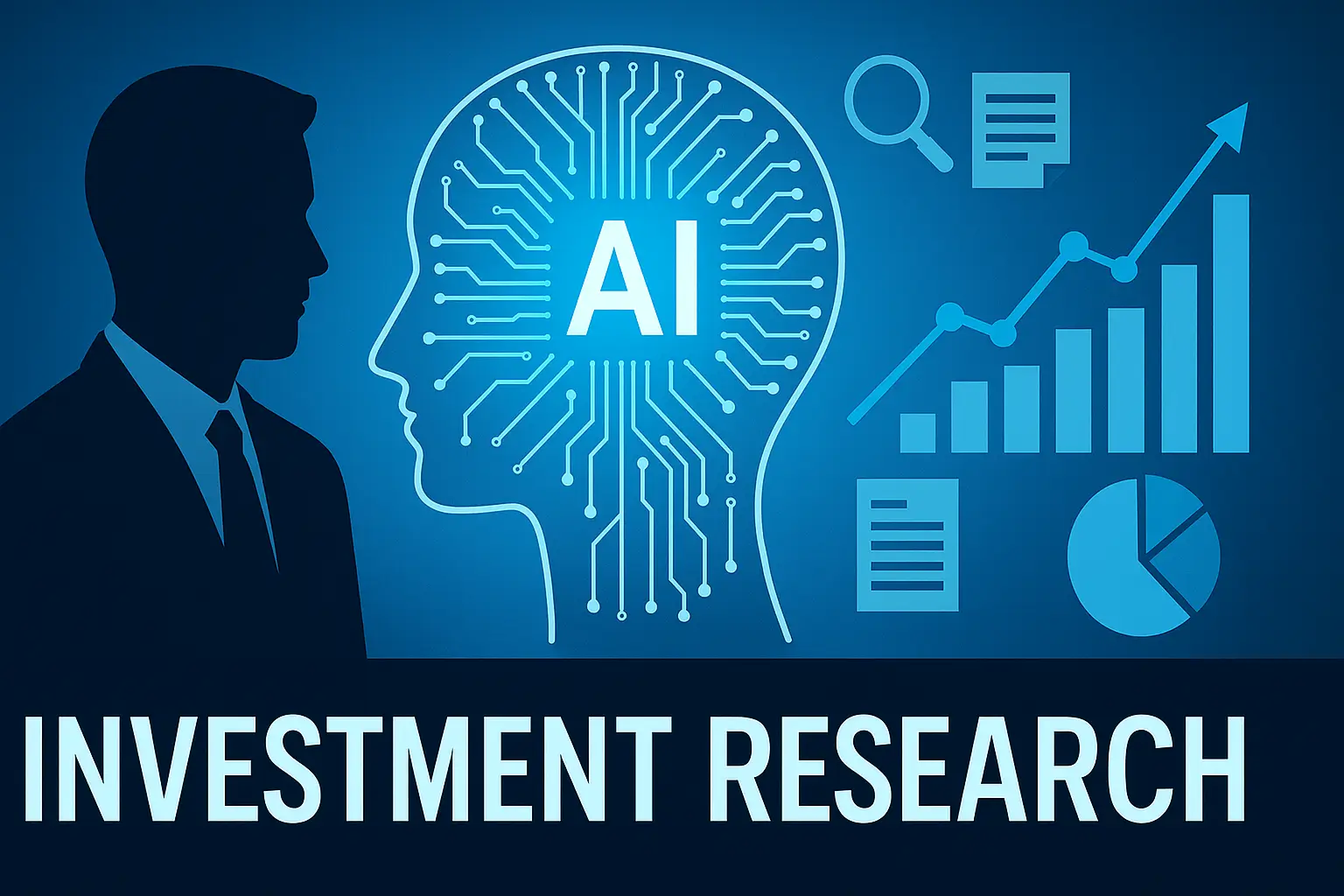The Role of AI in Modern Investment Research
The discussion around AI in investment research is gaining momentum. Some expect disruption, while others see slow change. My view sits in the middle. AI will change how research is produced, yet it will not pick the next outperformer. 🚀 Moreover, recent insights from the AI Investment Research Platform Comparison confirm this shift.
Why AI Matters in Research
AI brings speed, structure and scale. It analyses large datasets in seconds and finds patterns humans often miss. It also delivers steady outputs across many tasks. As a result, workflows change profoundly. Furthermore, this balance of human judgement and machine power appears in AI Investment Research and in The Shift in Investment Research.
A More Transparent and Data-Driven Future
The future of research is becoming more open and data-driven. Precise numbers guide decisions and reduce bias. Fundamental data keeps its value because it is solid, proven and easy to defend. In addition, more firms now use similar data sets and AI tools. Research views then move closer together. This trend aligns with the evolution of WealthTech and AI in Switzerland.
Why Intuition Loses Ground
Gut feeling loses ground, not because it lacks value but because its proof is weak. AI supports a more structured approach and makes it easier to repeat research steps. Therefore, it becomes easier to compare ideas and measure outcomes. 💡 Consequently, open-architecture thinking grows stronger. This development appears in both Top Independent Swiss Wealth Managers and Independent Wealth Management in the U.S.
The Big Chance for Independent Wealth Managers
A significant shift now opens new doors. Independent firms once lacked the staff for deep research, yet AI removes this barrier. With strong data and the latest tools, they can study markets with the speed once seen only in large banks. As a result, the playing field becomes more level. This change links to findings in Compensation Trends in Wealth Management and to the rapid expansion described in High-Speed Growth in Independent Wealth Management.
The Next Stage of Research
AI will not pick the next winner. Instead, it will make research cleaner, faster and stronger. It also raises the quality for firms of any size. Furthermore, this direction appears in Boutique vs. Platform Models and in New Horizons for Independent Wealth Managers.
The Real Question
Therefore, the key question remains: Who will adapt first — and who will adapt fastest? 👇




